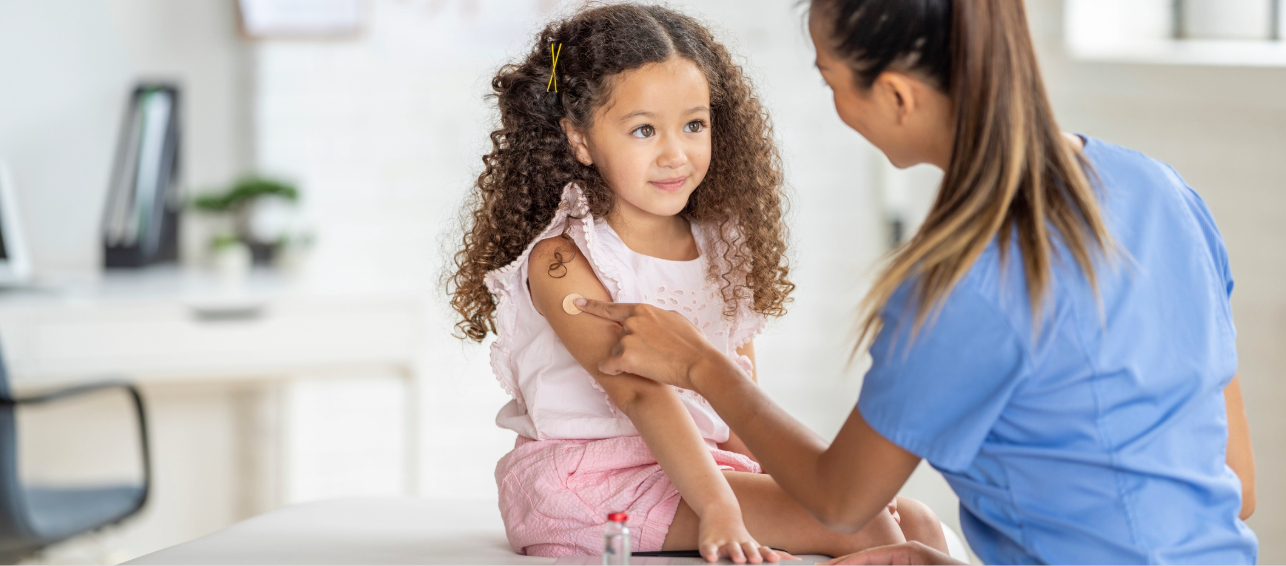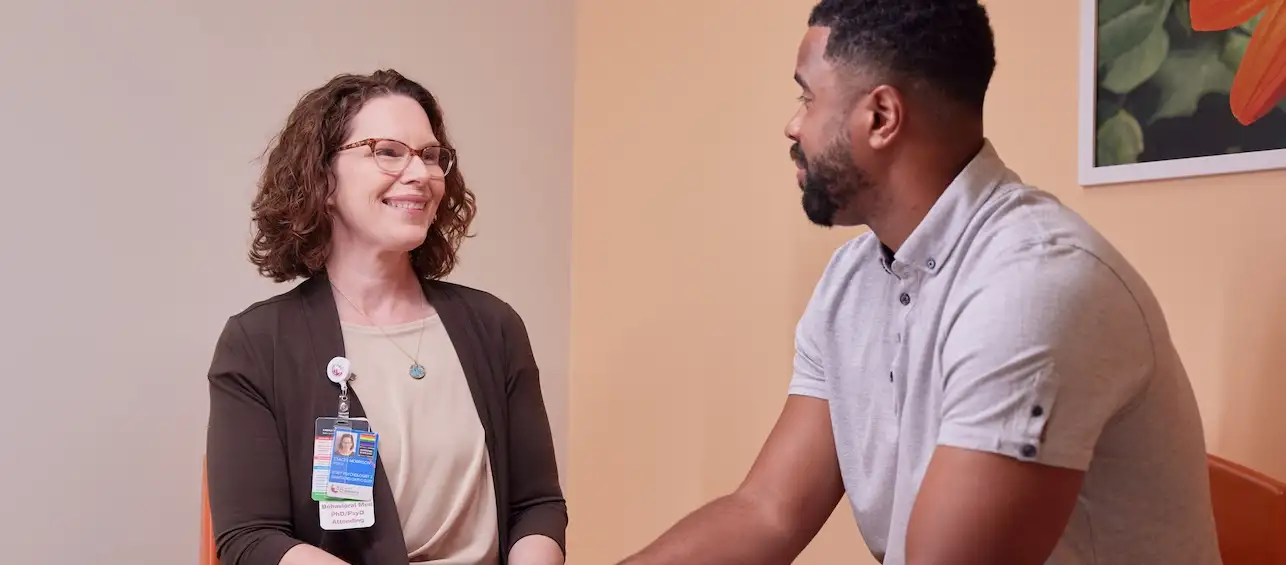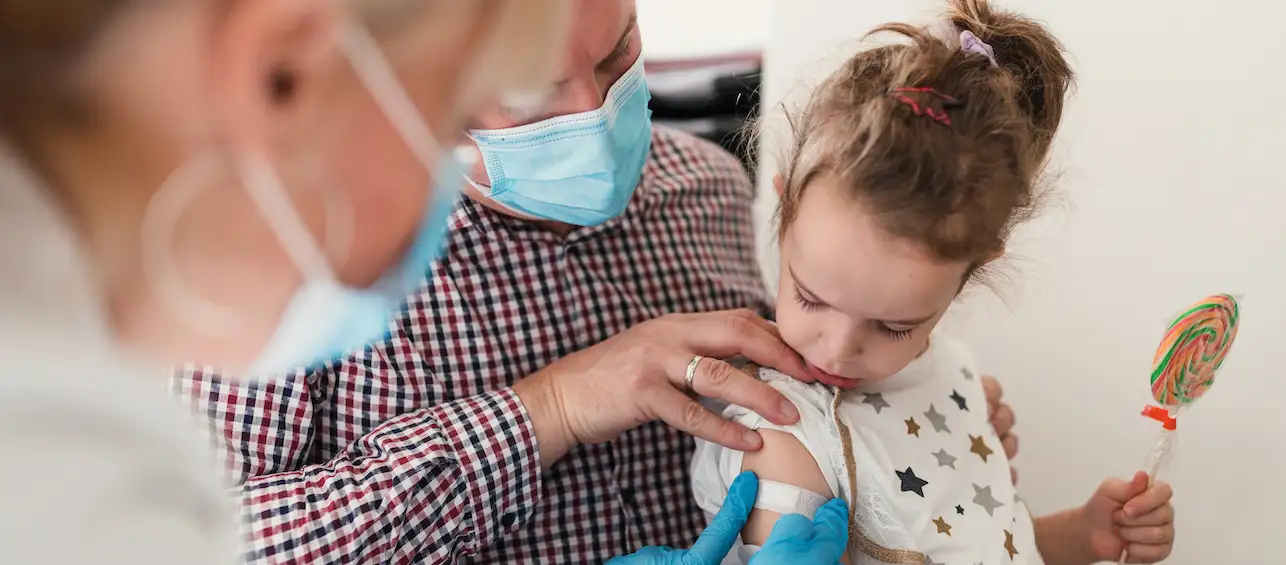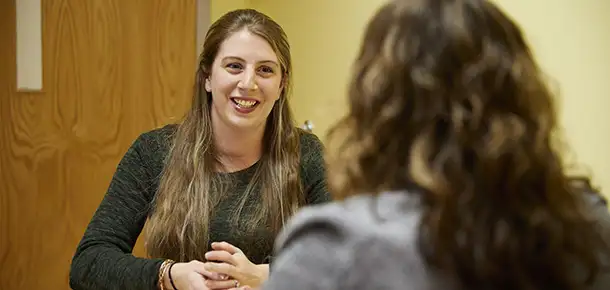At last the coronavirus COVID-19 vaccine is here. In Ohio, Phase 1b includes vaccinations for those with preexisting medical conditions. What does that mean for people who have adult congenital heart disease (ACHD)? Read on for answers to questions we’ve been getting from the adult patients we follow who were born with a congenital heart condition.
Q: Do you recommend that adults with congenital heart disease get the COVID vaccine?
A: Yes. Overall the vaccine is safe and effective for those with adult congenital heart disease. As you’ve likely seen in the news, there have been some reports of reactions to the vaccine. But the potential for reducing the risk of getting COVID-19 far outweighs the risks of not getting vaccinated.
For kids who have congenital heart disease, vaccine studies are still ongoing, so rolling out the vaccine to those under age 16 will come later than for adults.
Those who should NOT get the vaccine include anyone who:
- had a severe allergic reaction after a previous dose of the vaccine; or
- had a severe allergic reaction to any ingredient of the vaccine.
Q: Are there any concerns with how the COVID vaccine would affect people with ACHD? Am I at greater risk for side effects?
A: No. With any vaccine there’s always a chance of a reaction occurring, but we haven’t seen any data to date that suggests that those with ACHD would be at any higher risk for side effects than others.
Q: I already had COVID. Should I still get the vaccine?
A: Yes. Studies are still taking place that are looking at the immunity levels for those who have already had COVID-19. But we don’t yet know enough about this to safely say that those who have had COVID have long-term immunity. Since there are some reported cases of a second round of COVID-19 in people who had it once, the safest option now is for everyone who qualifies to get vaccinated.
Fortunately, our patients with ACHD who have contracted COVID-19 have done better than we initially expected. The same goes for the pregnant women we follow. That could be due in part to the fact that our patients tend to be younger — in their 20s, 30s and 40s. Patients with acquired heart conditions, such as coronary artery disease, who are older have done more poorly with COVID than those with ACHD. Regardless of those outcomes, we recommend the COVID vaccine for anyone who is able to receive it.
Q: Does it matter which vaccine I get?
A: No. We have good data on the Pfizer and Moderna vaccines that show both are effective and safe. Our recommendation is that those who qualify get the vaccine regardless of which one it is.
Q: When will kids be able to get the COVID vaccine?
A: Kids will be vaccinated later than the rest of the population. This is because clinical trials in children started after the adult trials and are still ongoing, and kids are at a lower risk for experiencing severe effects from COVID-19. Stay up to date with the latest news on vaccine availability for kids by visiting the Cincinnati Children’s Coronavirus Information page.
Q: In regard to the vaccine rollout, since I have ACHD, am I considered a high-risk population?
A: In Ohio, Phase 1b of the vaccine rollout includes the following:
- Ohioans with severe congenital, developmental, or early-onset, and inherited conditions including severe congenital heart disease requiring hospitalization within the past year
This means those with a developmental or intellectual disability AND severe congenital heart disease requiring hospitalization within the past year are eligible to receive the COVID-19 vaccine during Phase 1B. If you believe you fit in this category, contact your local board of developmental disabilities, which will help coordinate vaccinations.
If you are a current patient of ours and need proof of your medical history for vaccination purposes, contact us when you become eligible. We can provide you with a letter documenting your condition.
Q: Will the COVID vaccine be available at Cincinnati Children’s? Where will I be able to get it?
A: Information about rolling out the vaccine and where people can get vaccinated is being updated by state health departments daily. We are advocating for our patients to be able to get vaccinated at Cincinnati Children’s. If you are eligible to receive the vaccine and Cincinnati Children’s is not a distribution site, check with your local health department to find out where you can get vaccinated.
Q: Do I need to be on a list to get the COVID vaccine?
A: No. A master list doesn’t exist to notify you of your phase. The vaccine distribution plans for priority populations are still being developed and will be shared with the public by your local health department. You can stay up to date on the phases of your state’s vaccine rollout program here:
Find links to other state health departments from the Centers for Disease Control and Prevention COVID-19 Vaccine website.
Keep an eye on your state’s program to know when you’ll qualify to receive the vaccine.
Q: What are my risks if I don’t get vaccinated?
A: The risks of not receiving the COVID vaccine include the following:
- The risk of getting COVID-19. As I mentioned above, overall adults with congenital heart disease who have contracted COVID have done well. But not everyone has. None of us can predict if we will have a mild or severe case of COVID, and the severe cases can be deadly. The risk of severe cases in those with ACHD is lower than we expected, but there’s still a risk.
- The risk to the community. The more people who get vaccinated, the more people are protected and the more quickly we are able to build up that herd immunity you keep hearing about. The more people that are vaccinated, the sooner we can get this behind us.
Q: Once I’ve been vaccinated, do I still need to wear a mask and social distance?
A: Yes. Until there’s been a large mass of people who have gotten the vaccine, it’s best to continue following standard COVID precautions before, during and after getting vaccinated. That includes the same things we’ve been doing the past several months:
- Wear a mask to protect yourself and others.
- Continue social distancing, staying at least 6 feet apart from others.
- Limit being in large groups as much as possible.
- Practice good hand hygiene by washing with soap and water or using hand sanitizer.
- Isolate yourself if you’re sick and stay home if you’ve been exposed to someone with COVID-19.
- Clean frequently touched surfaces often.
Information about vaccine availability is changing daily, and it varies by state. Stay up to date with your state’s distribution plan to know when you’ll be able to get vaccinated. For more resources for ACHD care, explore the Adult Congenital Heart Disease Program at Cincinnati Children’s.







Thank you, Dr. Alexander! Very informative